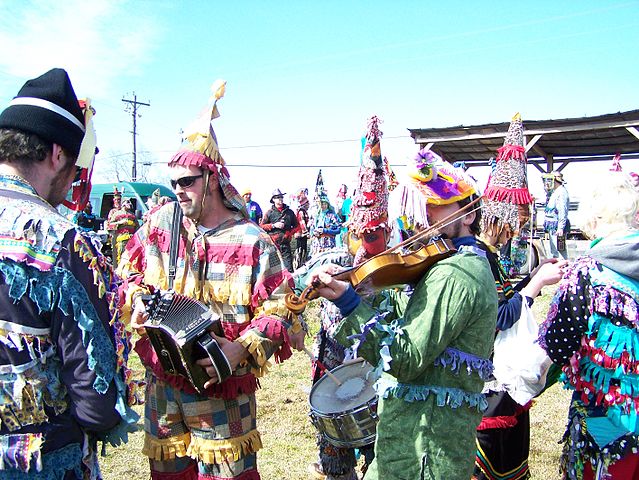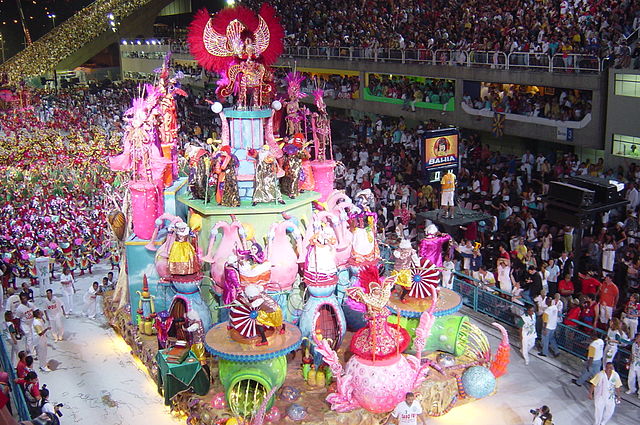It’s hard to believe that Mardi Gras started with long hard winters and acts of charity. However, before it was a day for parties, Mardi Gras started out as a day to help the hungry and the poor.
Most people know Mardi Gras as the last extravagant day before Lent. Even the name, Mardi Gras, translates to Fat Tuesday suggesting the last feast of rich food before the self-denial some Christians observe before Easter. However, before it was a day for parties, Mardi Gras started out as hungry day near the end of winter, when people needed charity.
In the past, the last six weeks of winter could be very harsh and food supplies frequently ran short. In Medieval France, Mardi Gras became a traditional day when the poor were allowed to visit their wealthier neighbors and beg for food. In return, they would sing, dance and entertain their hosts. As traditions evolved, the beggars began to wear costumes, hiding their identities and salvaging their pride. They formed parades and a painful begging process evolved into a party.

Local communities in Louisiana celebrate old-fashioned Courir de Mardi Gras, closer to the original days of sharing food, drink and hospitality. Source: Wikipedia
Today, rural Louisiana has the costumed parades from house to house, as neighbors share food, drink and hospitality. These Courir de Mardi Gras usually end with gumbo and contests in a community center. In cities, it has evolved into more of a spectator sport with parades, parties and extravagant costumes. In memory of the older days of charity, necklaces and tokens are thrown to spectators.
Different versions of this celebration occur around the world, from Carnival in Europe to North and South America. Pity me, gentle reader, as I shovel snow this February and correspond with my student son in Brazil. I shiver in the cold, while he is wearing shorts and has a week off for Carnival in Rio de Janeiro. Called “The Greatest Show on Earth”, their carnivals combine European, African and Native American traditions to become citywide festivals, filled with samba, feasts and parades.

Brazil calls its Carnival “The Greatest Show on Earth.” Source: Wikipedia
Yet behind all this glorious fun lies a simple truth: Winter was hard and people were kind. The parties of Mardi Gras celebrated charity and generosity.












